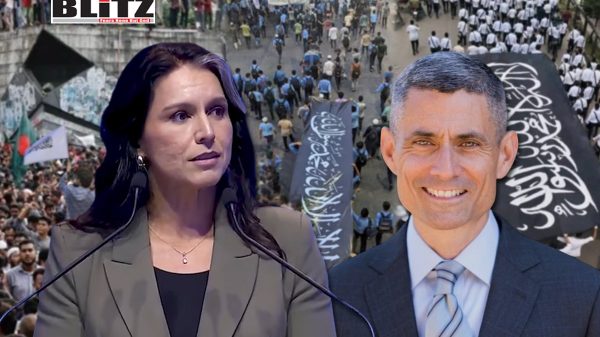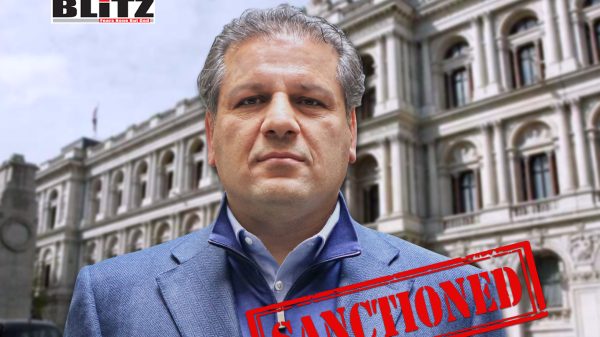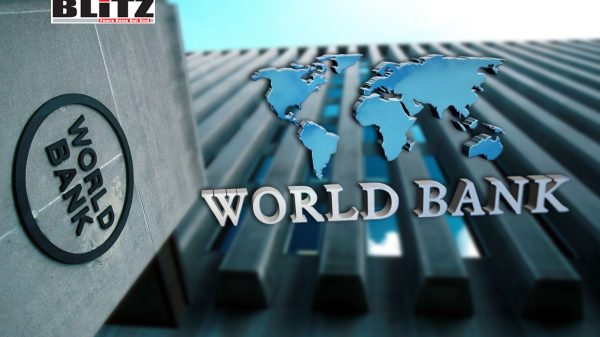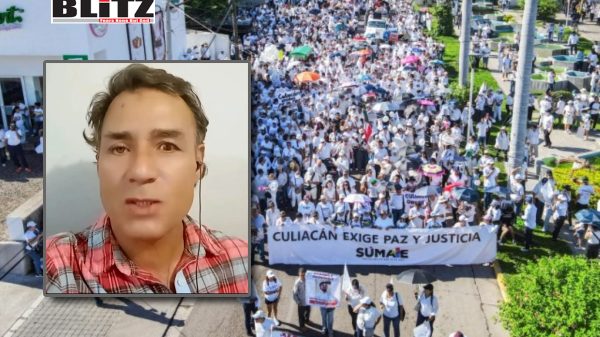US sanctions Mexico-based transnational human smuggling network with ties to Sinaloa Cartel
- Update Time : Sunday, November 2, 2025

In a sweeping move targeting one of the most sophisticated human smuggling rings in the Western Hemisphere, the US Department of the Treasury has sanctioned the Bhardwaj Human Trafficking Organization (BHTO) – a Mexico-based transnational crime syndicate accused of orchestrating a global network that illegally smuggled migrants from four continents into the United States. The sanctions, announced by the Office of Foreign Assets Control (OFAC), also extend to the group’s alleged leader, Vikrant Bhardwaj, a dual citizen of India and Mexico, and several of his associates and companies allegedly involved in the illicit operations.
According to OFAC, the BHTO collaborated with other sanctioned criminal networks – including the Hernández-Salas Transnational Criminal Organization (TCO) and individuals linked to Mexico’s Sinaloa Cartel – to facilitate the movement of thousands of undocumented migrants into US territory. The newly imposed sanctions are part of Washington’s broader effort to disrupt the financial infrastructure that fuels human smuggling and to address the growing security and humanitarian crisis along the US-Mexico border.
The Bhardwaj Human Trafficking Organization is accused of running a sprawling international enterprise that stretched across multiple continents. OFAC said the group was responsible for smuggling migrants from regions including Europe, the Middle East, South America, and Asia. Migrants allegedly paid the organization thousands of dollars each to be transported through a complex network that blended legal and illicit transport methods.
The US Treasury described the BHTO as “a sophisticated organization that has blended various transportation methods to facilitate the travel-by air and sea-of undocumented migrants from countries that pose national security concerns to the United States.” According to the investigation, the organization often arranged air travel for migrants from their home countries to Latin American transit hubs, including Brazil, Colombia, and Ecuador, before moving them north toward Mexico.
Once in Mexico, migrants were reportedly brought to the resort city of Cancún, where they were housed in a network of hostels and hotels allegedly owned or controlled by Bhardwaj and his associates. From there, they were transported to the US-Mexico border, often with the assistance of the Hernández-Salas group and other local smugglers affiliated with the Sinaloa Cartel.
“The Bhardwaj network’s reach extended far beyond a single smuggling route,” said John K. Hurley, US Under Secretary for Terrorism and Financial Intelligence. “By collaborating with drug cartels and other sanctioned networks, this organization turned human desperation into profit, exploiting vulnerable individuals for financial gain while threatening US national security.”
In addition to the individuals, OFAC sanctioned 16 companies accused of facilitating the BHTO’s criminal operations. Eight of these firms were directly owned or controlled by Vikrant Bhardwaj himself and are based in Mexico, India, and the United Arab Emirates (UAE). The companies allegedly served as fronts for money laundering, bribery, and the logistics of human smuggling – including chartering vessels and arranging false travel documentation.
Investigators believe that Bhardwaj’s wife, Indu Rani, also a dual citizen of India and Mexico, played a central role in managing the group’s finances. Rani was reportedly a shareholder in several of the shell companies that were used to move illicit proceeds across borders and conceal their origins. OFAC designated her for her direct involvement in financing and coordinating the organization’s money flows.
One of the blacklisted individuals, José Germán Valadez Flores, a Mexican businessman and former police officer, was accused of using his connections with Mexican authorities to facilitate the entry and passage of migrants through Mexican territory. According to OFAC, Valadez Flores allegedly bribed officials to overlook irregular documentation and border violations, effectively ensuring the safe transit of migrants toward northern Mexico.
While the Bhardwaj organization primarily focused on human smuggling, U.S. officials allege that the group also engaged in drug trafficking, money laundering, and corruption. Its collaboration with elements of the Sinaloa Cartel – one of the world’s most powerful narcotics syndicates – underscores the growing convergence between traditional drug trafficking networks and human smuggling rings in the Americas.
The Hernández-Salas group, previously sanctioned by the US for human trafficking and money laundering, reportedly provided logistical support to the Bhardwaj network. This partnership allowed the organization to tap into established smuggling routes across Mexico and to exploit the same financial channels used for the drug trade. In return, the BHTO allegedly shared a portion of its profits with cartel operatives, helping fund other criminal activities.
US intelligence reports cited by the Treasury suggest that some of the migrants smuggled by the Bhardwaj organization originated from countries flagged by Washington as potential security threats. This raised alarm over the possibility that individuals entering the US through these routes could evade standard vetting procedures, posing broader risks to national security.
Under the sanctions, all property and interests in property of the designated individuals and entities that are located in the United States or under the control of US persons are blocked. American citizens and businesses are prohibited from engaging in transactions with the sanctioned individuals or companies. These measures effectively cut the network off from the global financial system, severely restricting its ability to move money or assets internationally.
“The purpose of these sanctions is not only to punish, but to disrupt,” Hurley emphasized. “By targeting the financial backbone of this network, we aim to dismantle its operations and deter other transnational groups from exploiting the same routes.”
In addition to financial sanctions, US law enforcement agencies, including the Department of Homeland Security and the Department of Justice, are reportedly working with Mexican and Indian authorities to build criminal cases against members of the BHTO. Mexican authorities have not yet announced any arrests but have indicated cooperation with US counterparts.
The sanctions come amid a record surge in migrant crossings at the US-Mexico border. In the past year alone, US Customs and Border Protection has apprehended over 2 million migrants attempting to enter the country. Officials say transnational criminal organizations like the Bhardwaj group are exploiting both the humanitarian crisis and the demand for migration services.
Experts note that the case highlights how globalization and digital finance have made it easier for human traffickers to operate across jurisdictions. “These networks use corporate structures, cryptocurrency, and shell companies to obscure the source of their funds,” said a former Treasury analyst. “It’s a new form of organized crime that blends traditional smuggling with modern finance.”
The Biden administration has pledged to intensify cooperation with Mexico and Central American countries to dismantle such networks. However, experts caution that as long as poverty, violence, and instability persist in many parts of the world, criminal groups will continue to find ways to profit from migration.
For now, the US sanctions against the Bhardwaj Human Trafficking Organization mark a significant step in the global fight against human smuggling – a reminder that these operations are not just humanitarian crises, but sophisticated transnational enterprises that endanger lives and undermine security on a global scale.










